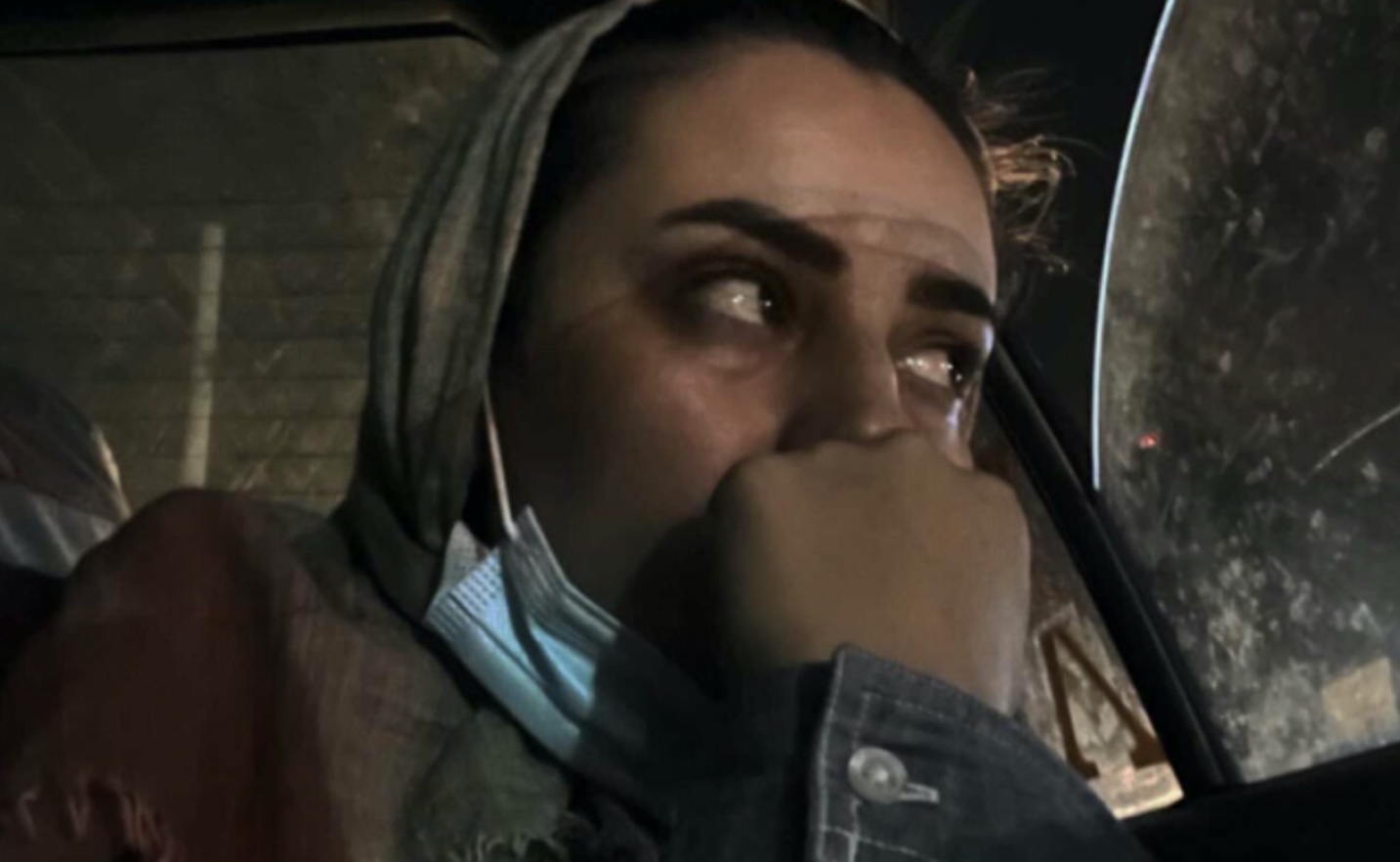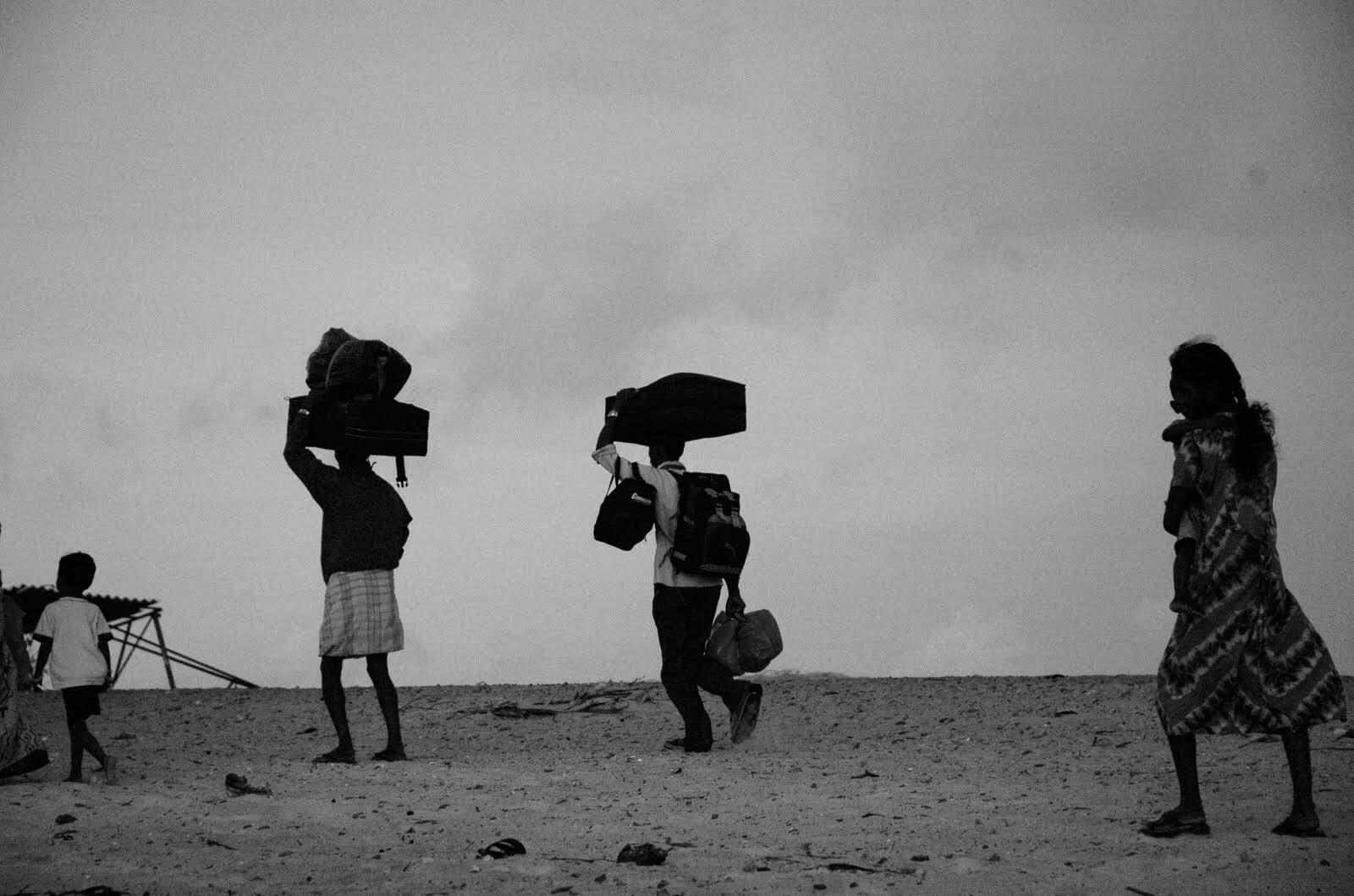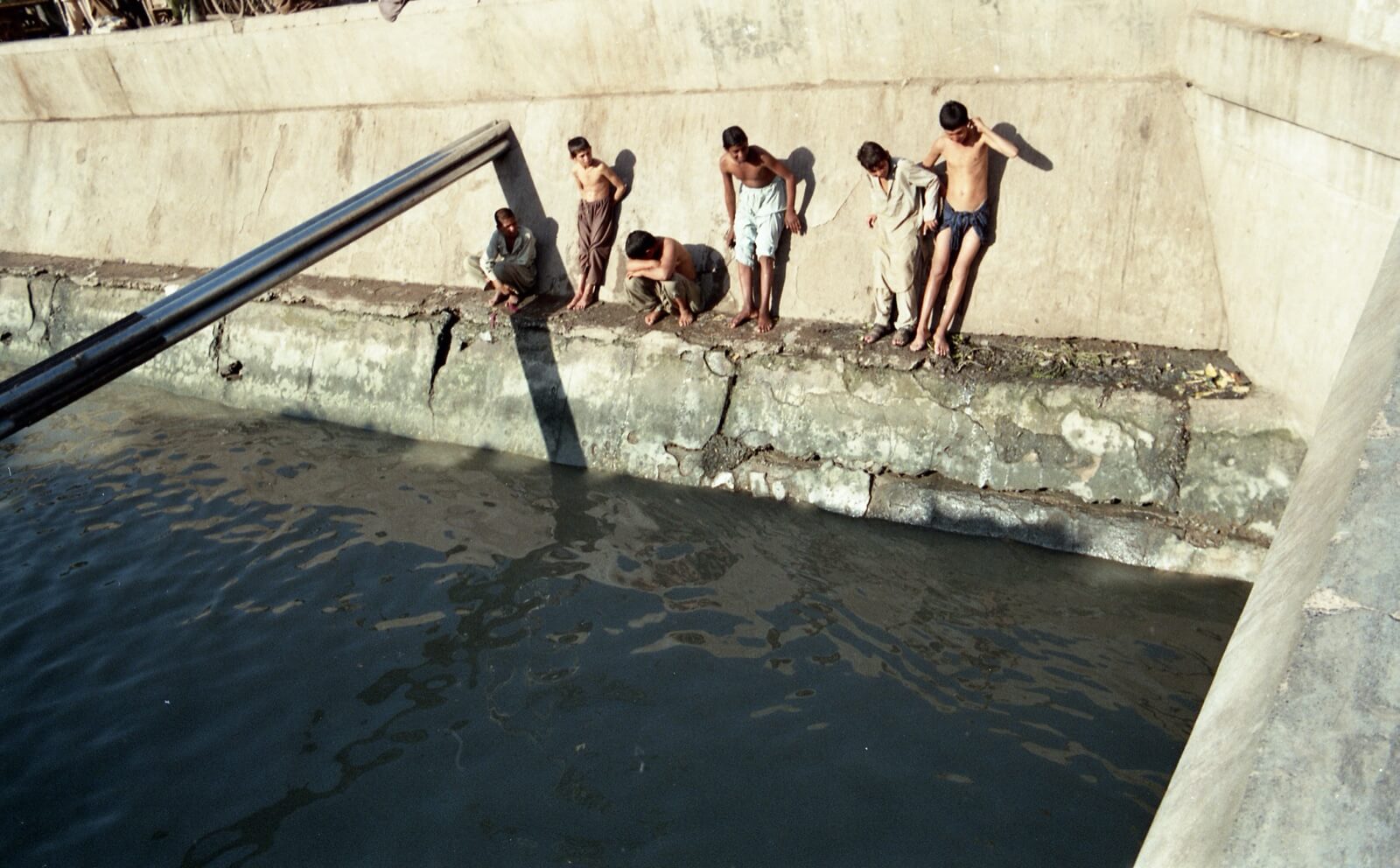1
The decision
You should go home too.

Maryam was evacuated from Afghanistan on the 24th of August, 2021.
In less than 7 days her entire life was thrown into chaos and she became a refugee.
Afghanistan has been at war for 42 years. Maryam is one of more than 2.6 million Afghan refugees around the world.
2
The journey

Millions of families are living in conflict zones, including 426 million children. Parents often leave to protect their children and keep them safe.
Children affected by war are more likely to suffer from PTSD (47%), depression (43%) and severe anxiety (27%). Early adverse experiences of trauma and toxic stress can affect physical wellbeing, making people more vulnerable to chronic illnesses including cancer and heart disease.
Strong family bonds and care and safe relationships can protect children from the worst impacts of early trauma.
3
The arrival
Despite the many challenges faced, people who have been displaced often have a remarkable degree of resilience.
Resilience isn’t about being ‘tough’, but about being flexible, connected and working through emotional pain to overcome hardship.
It’s this resilience that, in the face of trauma, allows someone to keep going.
4
Resettlement
Select an object to hear Rahma tell its history.
Select an object to hear Rahma tell its history.











The number of refugees worldwide is growing.
Behind each number is a person who has had to uproot their lives to start again, often without their loved ones around them.
Remaking a community that will care and carry people through the difficulties of resettlement is fundamental to recovery after such loss.
5
The present

The emotional impact of war and forced displacement can leave scars that take a lifetime to heal.
Asylum seekers and refugees are more likely to suffer from mental health challenges, even after they arrive at a place of relative safety.
The antidote to this suffering is connection, belonging and joy.
6
The new war

Consistent, caring relationships with adults are a protective factor against the worst impacts of trauma for children.
Those who devote themselves to helping others also need care. Amna works with frontline workers and volunteers to support their wellbeing when providing emergency services and healing support.
Community and connection, with oneself and others, are key to healing and forms the centre of Amna’s work.
Donate to support our work.





